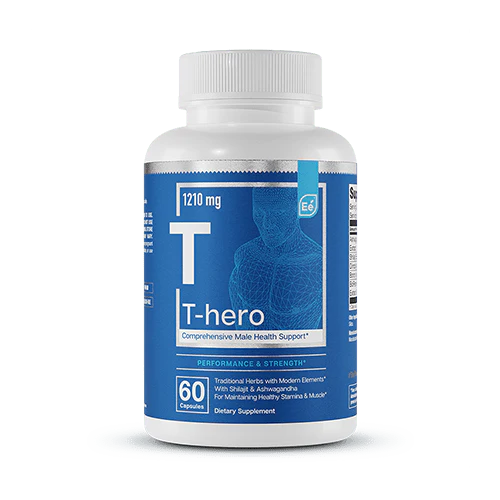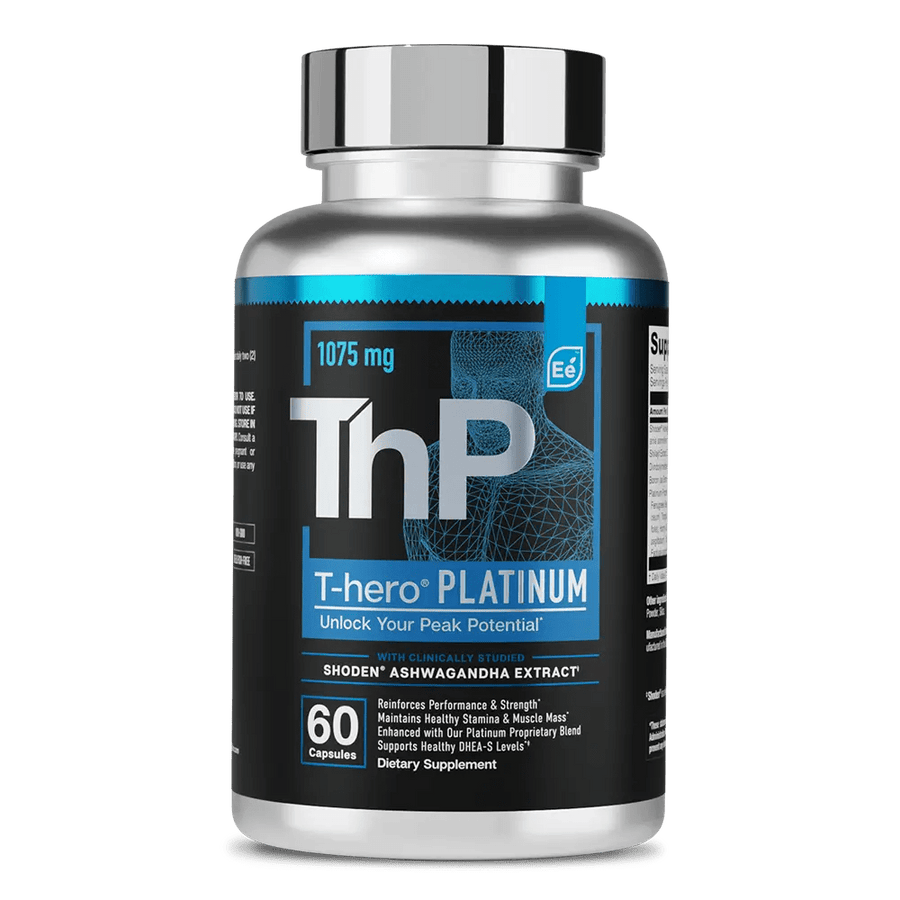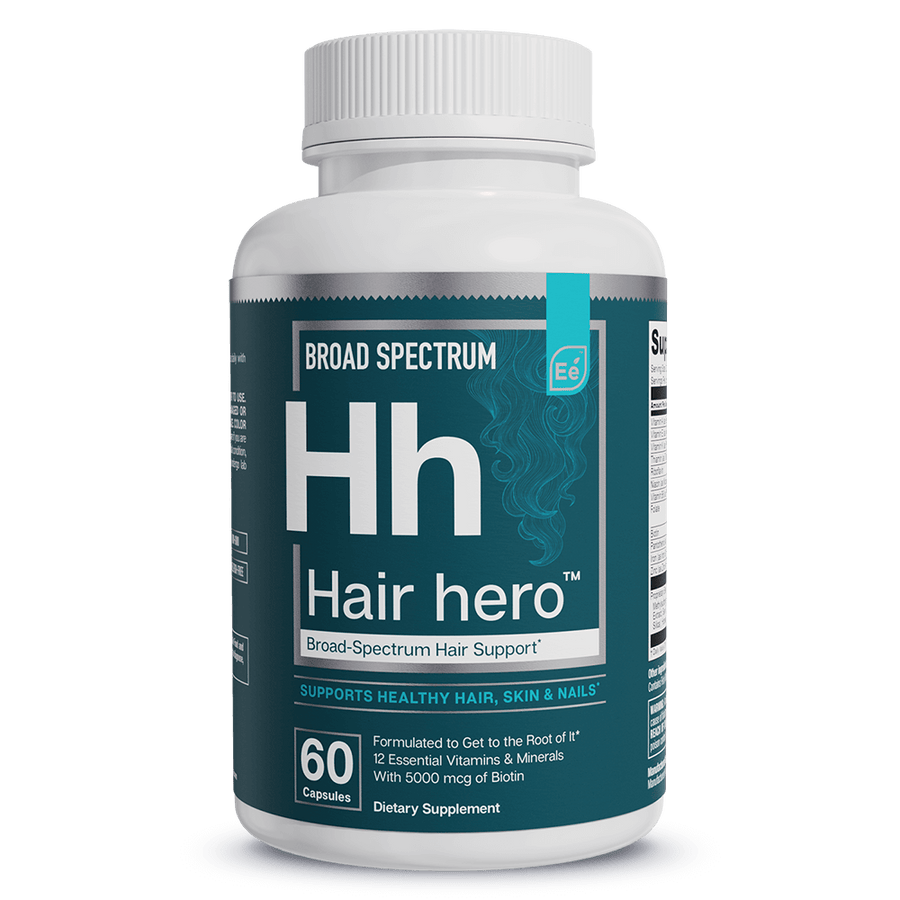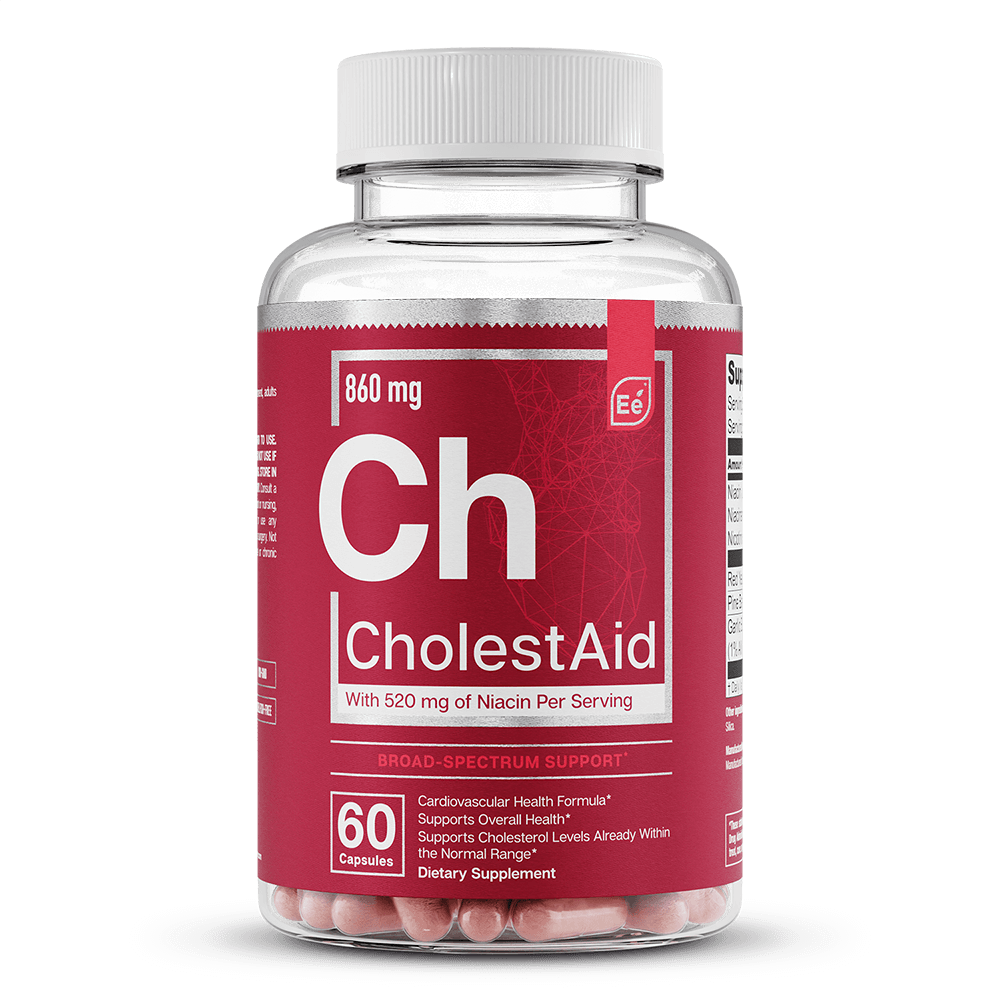Summer Health: The Nutrients You Need for Hot Weather
They say it’s not the heat; it’s the humidity, but if we’re honest, they can both be brutal, and they can put your body in an actual health crisis.
It’s not just that your hair goes flat and you’re a sweaty mess, but when the heat and humidity get high, your body has to work harder, which makes your heart rate go up. You start sweating, and along with water, you lose essential minerals, your blood gets thicker, and you can find yourself in a less-than-great situation.
Even when you’re not facing a heat illness or other health-related concerns, your body isn’t working its best when it’s hot and humid, so how can you help your body out?
Overall Hot Weather Diet Tips
First of all, before diving into specific nutrients that you want to focus on in warm weather, let's talk about your diet in general. The U.S. Department of Agriculture (USDA) has come up with MyPlate, which is an excellent resource if you’re wondering what you should be eating.
While MyPlate doesn’t tell you exactly what to eat, it gives you tips and ideas on how much you should have from the main food groups, which are:
♦ Fruits
♦ Vegetables
♦ Grains (whole grains especially)
♦ Protein-rich foods
♦ Dairy
The good news is that during the warm months, there are plenty of fresh fruits and vegetables to add to your diet. These foods are full of the nutrition your body needs to be healthy and recover more quickly from exercise or simply being out in the heat and humidity.

Changing your diet from three heavy meals a day to many smaller meals is a great idea during hot weather. It’s not a bad idea for the whole year. When you skip a big meal, your body doesn’t have to divert all of its attention to managing a massive amount of food at once. You’ll also find that your energy levels stay more stable because you don’t have the highs and lows that come when you harm your body’s insulin levels.
What Nutrients You Need in Hot Weather
Now let’s focus on the nutrients you really need to think about when you’re sweating, and your electrolytes are low. And that’s a critical piece right there–electrolytes. Electrolytes are minerals that create electrically charged ions, and they live in the fluids in your body. The ones you want to focus on when it comes to nutrition are:
♦ Sodium
♦ Potassium
♦ Calcium
♦ Magnesium
♦ Phosphate
So let’s look at each one individually and see why it’s important and where you might be able to get it.
Sodium
Sodium and chloride come together in a fantastic ingredient you’re very familiar with, salt. While too much salt is unhealthy, the right amount can help you stay hydrated because it helps your body absorb water and hold onto it. Not having enough sodium can create some instabilities that can cause health problems. Adding a bit of salt to your diet (if you don’t already consume a lot of salt) during hot and humid weather can help your body function and recover.

Potassium
Has anyone ever told you to eat a banana after working out? That’s because they’re a good source of potassium which is a major electrolyte. Why bananas seem to be the only food people recognize as being loaded with potassium is a mystery because you can find it in a lot of places. If you want to get your potassium through food, try these:
♦ Bananas
♦ Oranges
♦ Cantaloupe
♦ Honeydew
♦ Apricots
♦ Grapefruit
♦ Cooked spinach
♦ Cooked broccoli
♦ Potatoes (sweet and regular)
♦ Mushrooms
♦ Peas
♦ Cucumbers
♦ Zucchini
♦ Pumpkins
♦ Lima beans
♦ Pinto beans
♦ Kidney beans
♦ Soybeans
♦ Lentils
♦ Tuna
♦ Halibut
♦ Cod
♦ Trout
♦ Rockfish
♦ Molasses
♦ Nuts
♦ Brown and wild rice
♦ Bran cereal
Whew, with that list, you’d think you’re getting all the potassium you need through food. But, sadly, you’re probably not. It’s recommended that adults consume 4,700 milligrams of potassium daily, but most people living in the United States don’t hit that target. This is why supplementing with Hydration can help.

Calcium
Calcium is a very important nutrient needed for the formation of bone and teeth, muscle contraction, enzymatic function, blood clotting, and keeping your heart rhythm in check. Calcium is abundant in dairy foods, but it’s also plentiful in curly kale, okra, and spinach.
Magnesium
Magnesium supports your body’s muscle and nerve function, blood sugar levels, and blood pressure. Magnesium also helps in the creation of protein, bone, and DNA. There are quite a lot of foods that contain magnesium, and many foods are now fortified with added magnesium.
♦ Legumes
♦ Nuts
♦ Seeds
♦ Whole grains
♦ Leafy green veggies
♦ Milk
♦ Yogurt
♦ Fortified cereals and grains
Phosphate
Phosphate in the body is actually the combination of phosphorus and oxygen. Your bones use most of the phosphate in your body, but some of it lives inside your cells and is key in energy production. Phosphate can be found in milk, egg yolks, chocolate, and even soft drinks.

Water
Another critical component your body needs is water. More than half of the content of the cells throughout your body is made up of water. When it’s hot, the water comes to your skin as sweat and evaporates as your body’s way of keeping your temperature regulated. This sweating, evaporation, and cooling can happen without you even realizing it, but you certainly notice it when it gets really hot. Therefore, having enough water is the most important thing you can do for your body when it’s hot and humid out.
The Essential Elements
To save you the effort of trying to remember what foods to eat and the real effort of preparing them and eating them, we’ve come up with Hydration packs that are loaded with exactly the things you need to stay fit, healthy, and comfortable (well, more comfortable) in horrible heat and humidity.
Not only do our low-calorie packs have electrolytes, buffered vitamin C, and zero sugar, but they also have apple cider vinegar (ACV). This is what makes our product different. ACV is full of naturally occurring electrolytes, and while other sports drinks and hydration boosters taste salty and off-putting, ours never does because of our ACV. It’s just that good!





